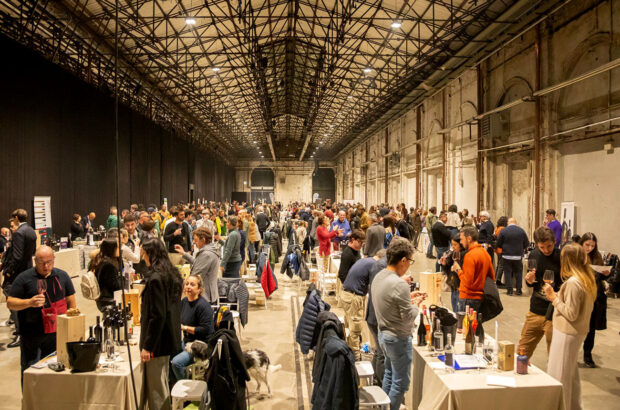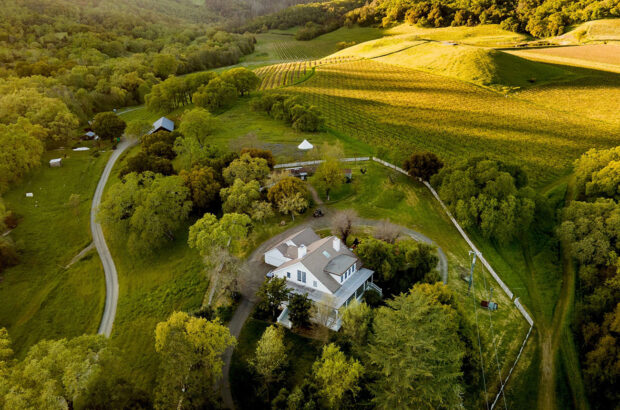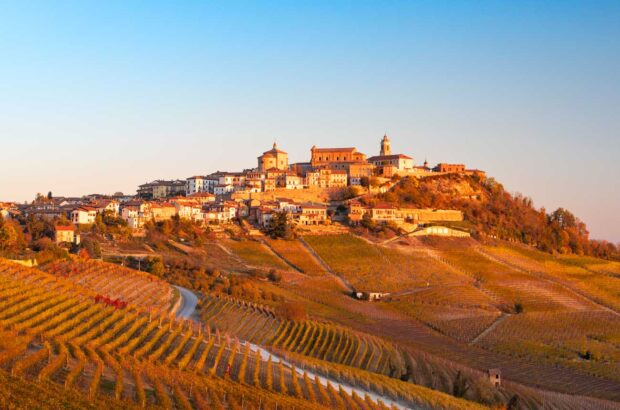And the winner is...
Casa Rivas Doña Dominga Gran Reserva Carmenère 2009, Colchagua
Carmenère has been the subject of intense debate in Chile lately. Should it be blended – or is it better on its own?
Does it risk being thought of as lean and under-ripe when made in a typically leafy, herbal style? Or perhaps it just works best when made at the riper end of the spectrum, full of dense dark fruit and notes of soy sauce and tar…
The result of this ongoing debate, happily, is that the better producers tend to get on with their own thing and make some great, very diverse styles of wine in the process. This wonderful, scented red is a great case in point.
Casa Rivas takes Carmenère and Colchagua very seriously.
The winery is based in Colchagua and, while many of its neighbours have looked to broaden their portfolios by sourcing fruit elsewhere in Chile, Casa Rivas has remained resolute in its focus on the one valley. Evidence of this commitment can be found in its recent ‘micro-terroir’ project, aimed at improving vineyard management on a site-specific basis, as well as its involvement in a research project to identify the best Carmenère clones in Chile.
One of the results of the micro-terroir study was that the winery’s Los Lingues estate, in eastern Colchagua, was shown to be its best site for Carmenère, with its warm days, cool nights and deep yet well drained soils. This wine was sourced entirely from Los Lingues, with three quarters of the blend aged in French oak barrels.
The result is a brilliant value red with lifted, peppery aromas and a smooth, succulent palate with a gently spicy finish.
Written by Peter Richards







